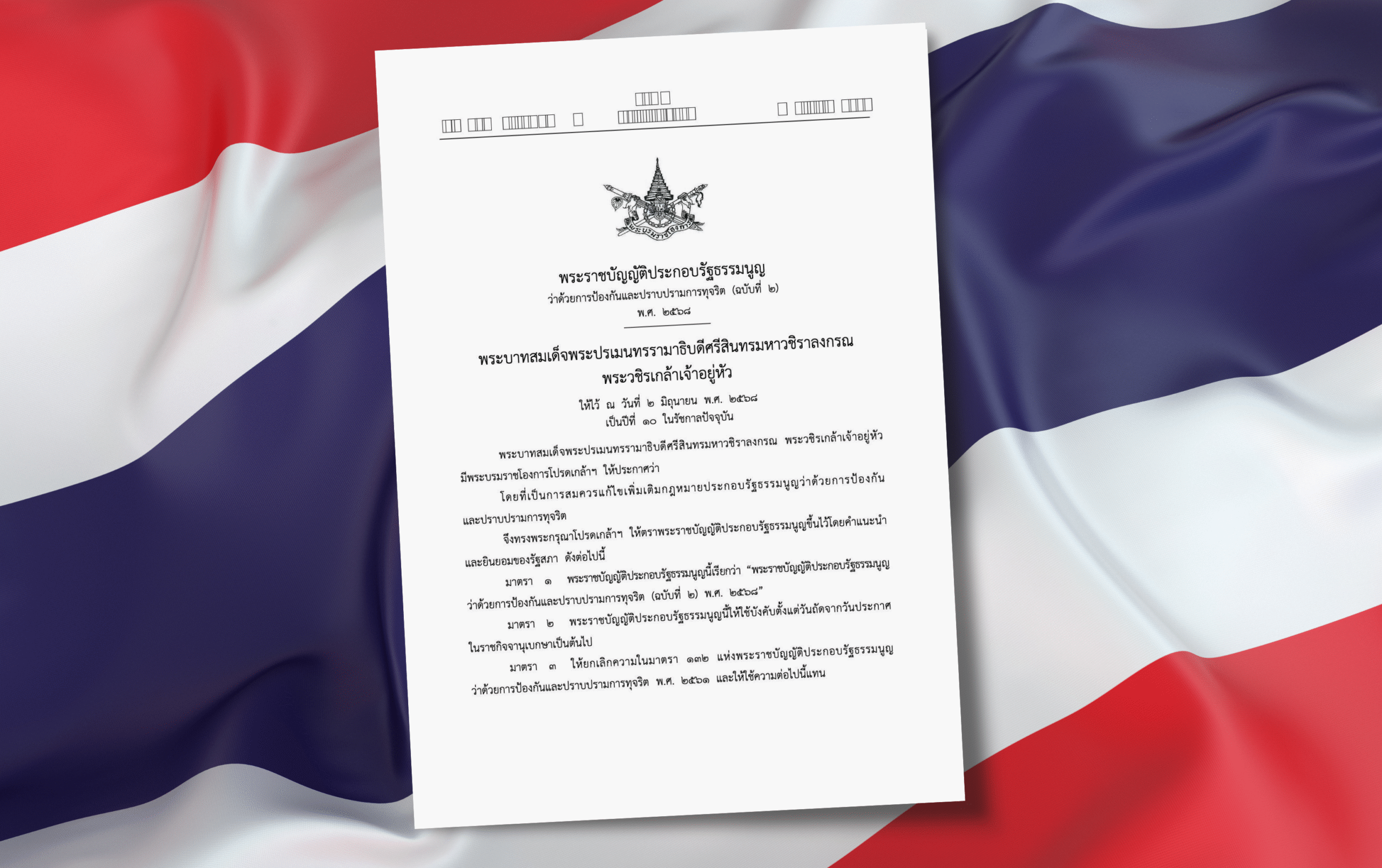The International Commission of Jurists welcomes the amendment adopted by Thailand’s Parliament on 5 March 2025 to the Organic Act on Anti-Corruption, which constitutes a step forward in protecting individuals in Thailand from Strategic Lawsuits Against Public Participation (SLAPPs).
The measure, while a step in the right direction, remains insufficient given that it applies solely to cases involving the National Anti-Corruption Commission (NACC) and does not address the broader misuse of judicial processes to silence public criticism and civic engagement protected under international human rights law and Thailand’s Constitution.
“It is encouraging that those engaging with the will be subject to protection from SLAPPs,” said Sanhawan Srisod, ICJ’s Senior Legal Adviser.
“But it is disappointing that Thailand has yet to adopt a comprehensive anti-SLAPP framework that would cover the wide range of SLAPP cases documented by the ICJ and others, which extend far beyond corruption-related complaints against public officials.”
The Organic Act on Anti-Corruption (No. 2) B.E. 2568 (2025), published in the Royal Gazette on 6 June 2025, amends Section 132 to shield individuals who, in good faith, provide information, testimony, or opinions to the NACC regarding official misconduct. Such individuals will no longer face civil, criminal, or disciplinary liability for engaging in important public actions.
The NACC is also mandated to provide necessary support, including legal assistance, if such individuals are subject to retaliatory legal action powerful actors.
“Count this one in among a patchwork of laws that nominally address SLAPPs. But progress on meaningful reform has stalled, and the current protections are too limited to effectively safeguard freedom of expression, as required under international human rights law,” Srisod added.
A broader draft anti-SLAPP bill, led by the Ministry of Justice, remains at a preliminary stage. The legislation would amend the Criminal and Civil Procedure Codes to empower public prosecutors and courts to dismiss cases brought against individuals exercising their constitutional rights in the public interest. It would also allow defendants, in both criminal and civil cases, to seek early dismissal through court motions on the grounds that the legal action arises from their exercise of such rights.
The ICJ considers that even if this broader bill is adopted, it will not address such SLAPP harms as the use of criminal defamation proceedings and other laws incompatible with human rights, and that therefore more comprehensive legal reform is imperative.
Background
Human rights defenders and political activists are among the most common targets of SLAPPs in Thailand.
In Thailand, the limited anti-SLAPP legal framework has long been understood to include Sections 161/1 and 165/2 of the Criminal Procedure Code, enacted in 2019. Section 161/1 allows courts to dismiss private criminal complaints filed in bad faith, while Section 165/2 permits defendants to present evidence during preliminary hearings to challenge the merit of such cases.
However, these provisions have rarely been effective in curbing SLAPPs due to several shortcomings. They apply only to private criminal complaints, not to civil complaints or public prosecutions. Moreover, they fail to define “bad faith” or explicitly protect the exercise of human rights and fundamental freedoms.
Thailand’s Second National Action Plan on Business and Human Rights (2023–2027) acknowledges these challenges and tasks the Office of the Attorney General, the Ministry of Justice, and the NACC with the responsibility to “review, amend, develop, and implement preventive measures for effective safeguards against SLAPP.”
Download
The full press release is available for download in English and Thai.
Contact
Sanhawan Srisod, Senior Legal Adviser, Legal and Policy Office, e: sanhawan.srisod@icj.org





